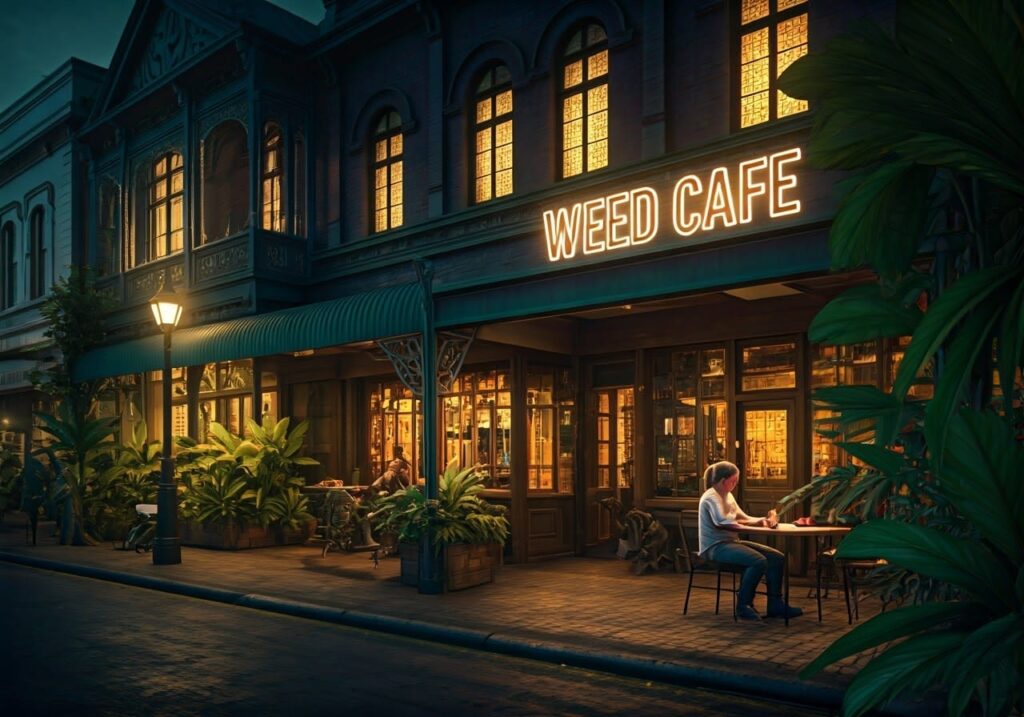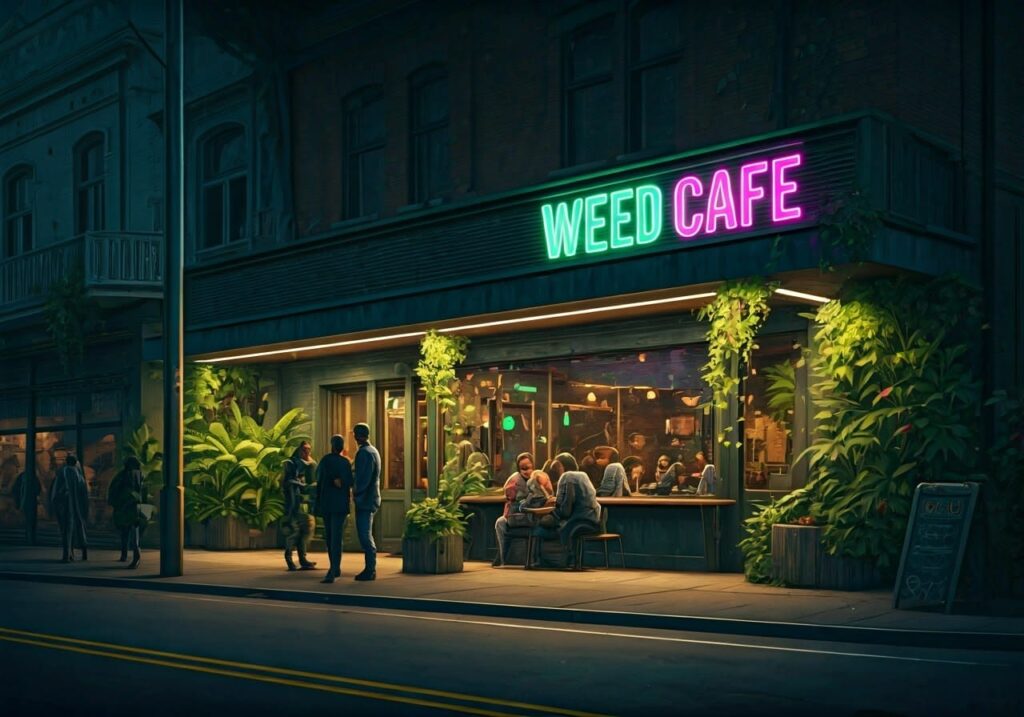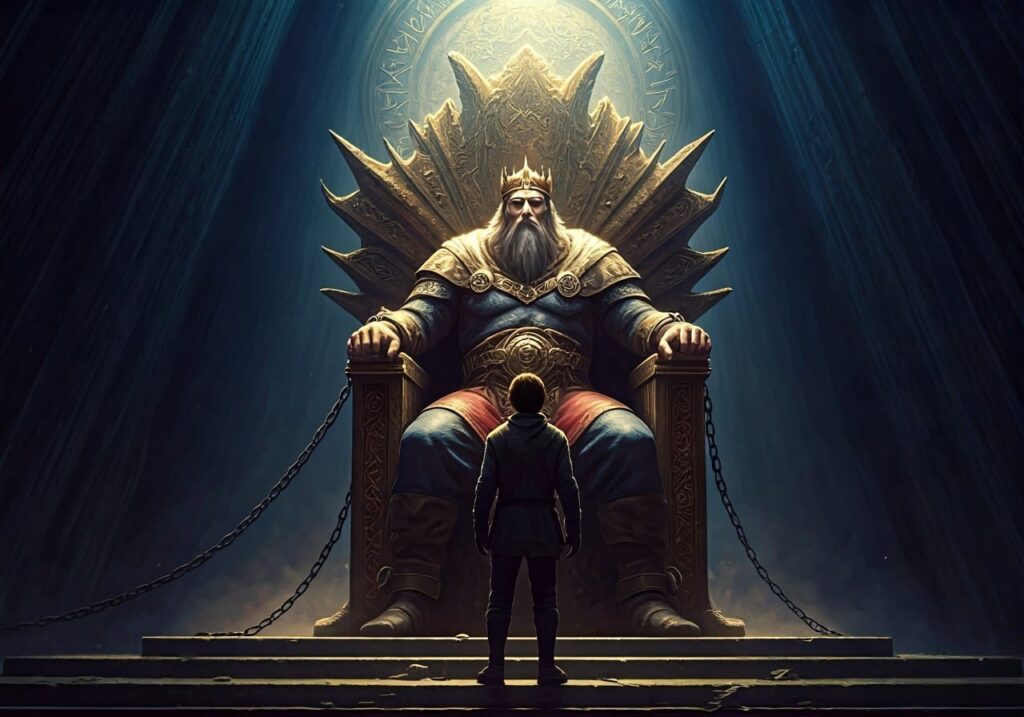
Everyone is lamenting the lack of sociability among young people in recent years. Even Boomer media like Fox News is asking whether the nightclub scene is dying out. The sociability crisis is being blamed for increasing rates of depression and for plummeting birthrates. No truly effective solutions have been offered yet, so this essay suggests a way to get the party (re)started.
This lack of socialising is not good for society. Socialising is how social bonds are created (hence the name), and these bonds are what prevents us from falling back into a dog-eat-dog pre-civilisational jungle. Successful societies, however large or small, are made up of people who are friends. Absent quality socialising, the stress of proximity makes people into enemies.
The problem is that the usual methods of socialising are either absent (as in third spaces) or no longer desired (as in churches or pubs). So many would-be socialisers have become discouraged from the lack of quality social options, leading them to sit at home on the Internet.
I am an early Millennial, which is not young, but it’s young enough to be tired of pisshead culture. It’s so boring. I’m tired of listening to sad old fools droning on about how great they used to be when they were young. I’m also tired of watching young people turn into chimpanzees, and the general narcissistic toddler vibe. I want a different buzz.
These are common sentiments among people younger than 50. We’re tired of alcohol. Moreover, we know how dangerous it is now. People today have access to research like that of Professor David Nutt, which suggests that alcohol actually does more harm than any other drug. People didn’t know that even 20 years ago.
Many young people know this now, though, which is why they’re increasingly choosing to sit at home, on weed, watching YouTube or Netflix, rather than going to pubs. The vast majority of those young people would rather socialise if they had a decent environment in which to do it, but they don’t. This is not an accidental tragedy, but an inevitable result of bad laws.
There’s one obvious solution: end the War on Drugs.
Already it’s very common among people younger than 50 to socialise on the basis of doing drugs other than alcohol. At the moment, the vast majority of this activity takes place in private, by necessity, owing to the law. An alternative to pubs could bring this activity into the sunlight and, with it, the people who are into those alternatives.
Here I’m not talking about places to do hard drugs, such as injection rooms. My approach is simple: anything recognised as a potential social substitute for alcohol, with a safer harm profile than alcohol, should be made readily available to reduce alcohol harms. This means that heroin, cocaine and methamphetamine would remain underground.

If there was a cannabis cafe in my city it would be ideal. I would love to be able to meet interesting travellers without the ever-present threat of violence that comes with pubs. Dutch-style cafes are all that anyone needs in this regard. Cafes in New Zealand could be even better than Dutch ones, because in New Zealand it’s easier to have a sunny courtyard.
MDMA lounges would also attract a younger crowd back into the cities. Like alcohol, MDMA is an entactogen that makes social interaction easier and more fun. But MDMA doesn’t make people violent or aggressive. As such, it could achieve many of the benefits of alcohol use without so many of the drawbacks. People already use MDMA regularly, so being able to access a safe and measured dose of it would improve life for many.
Of course, psychedelic dens would also exist if the War on Drugs ended. Imagine a place like a bar where one could melt into a sofa for a few hours, listening to Shpongle or Alan Watts drum ‘n’ bass remixes. Or not melt, but have great conversation with intelligent people. Somewhere like this could happily sell a basic solid dose of LSD, psilocybin or mescaline for $20-30 and then sell Vs or Red Bulls for $5-10.
The ideal outcome would be a range of venues that offered various combinations of psychoactive experiences, decor and music. All of these places would be safer than pubs, but all are impossible dreams as long as the War on Drugs continues.
The Boomers who oppose this need to get with modern science. Not modern morality (I’m not arguing that), but science. Whether the use of drugs other than alcohol is degenerate is not relevant, because modern science confirms that many of them are much less dangerous than alcohol. And because no-one – especially not me – is arguing for alcohol to become more restricted, the logic is that these safer alternatives to alcohol should be legalised.
The contention of this essay is that young people want to socialise just as much as young people in previous generations. They just no longer want to do alcohol, which is the only realistic choice in most cases. So they tend to stay at home. This is a great tragedy. The solution is ending the War on Drugs.
*
For more of VJM’s ideas, see his work on other platforms!
For even more of VJM’s ideas, buy one of his books!
*
If you enjoyed reading this piece, buy a compilation of our best pieces from previous years!
Best VJMP Essays and Articles of 2023
Best VJMP Essays and Articles of 2022
Best VJMP Essays and Articles of 2021
Best VJMP Essays and Articles of 2020
Best VJMP Essays and Articles of 2019
Best VJMP Essays and Articles of 2018
Best VJMP Essays and Articles of 2017
*
If you would like to support our work in other ways, make a donation to our Paypal! Even better, buy any one of our books!





